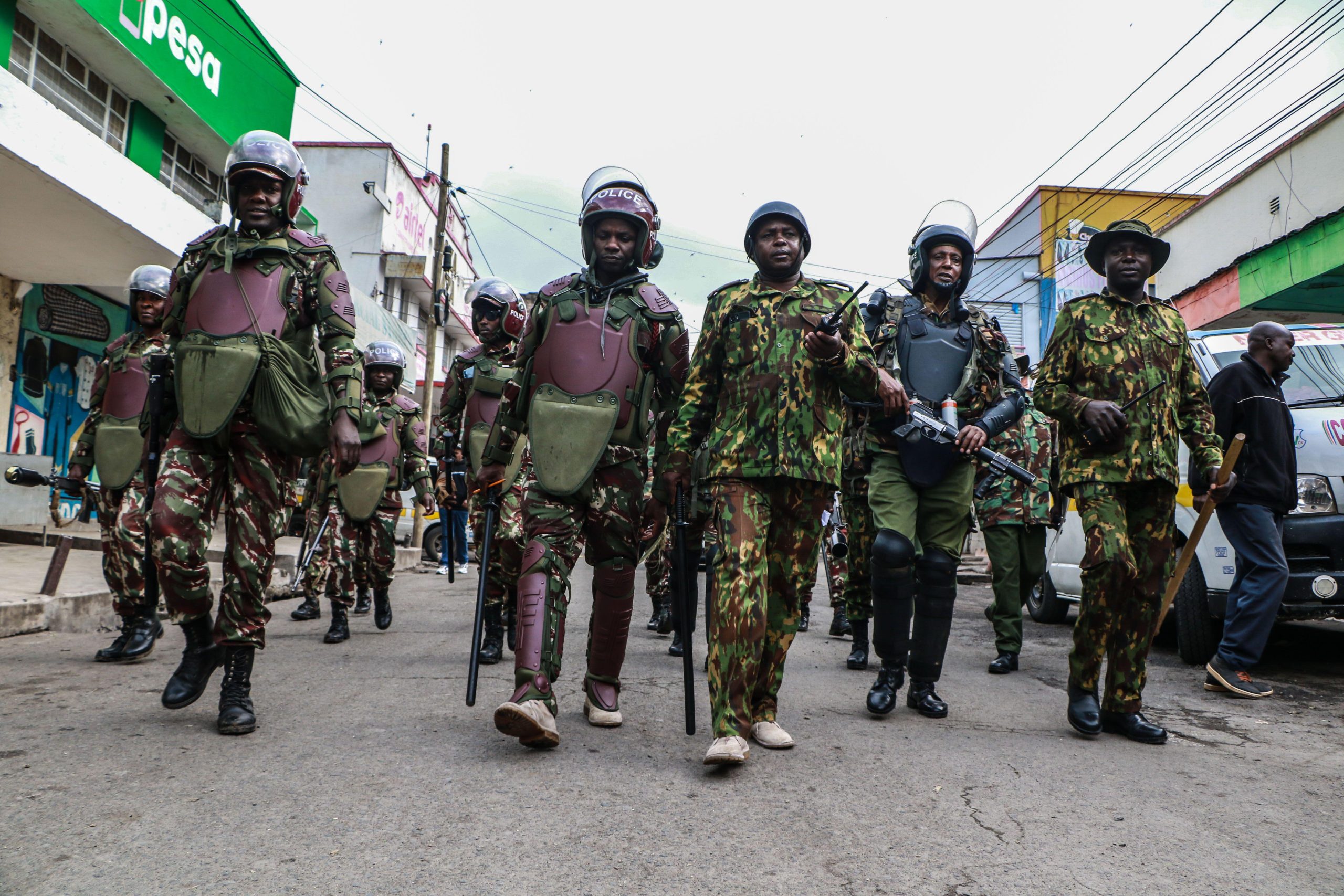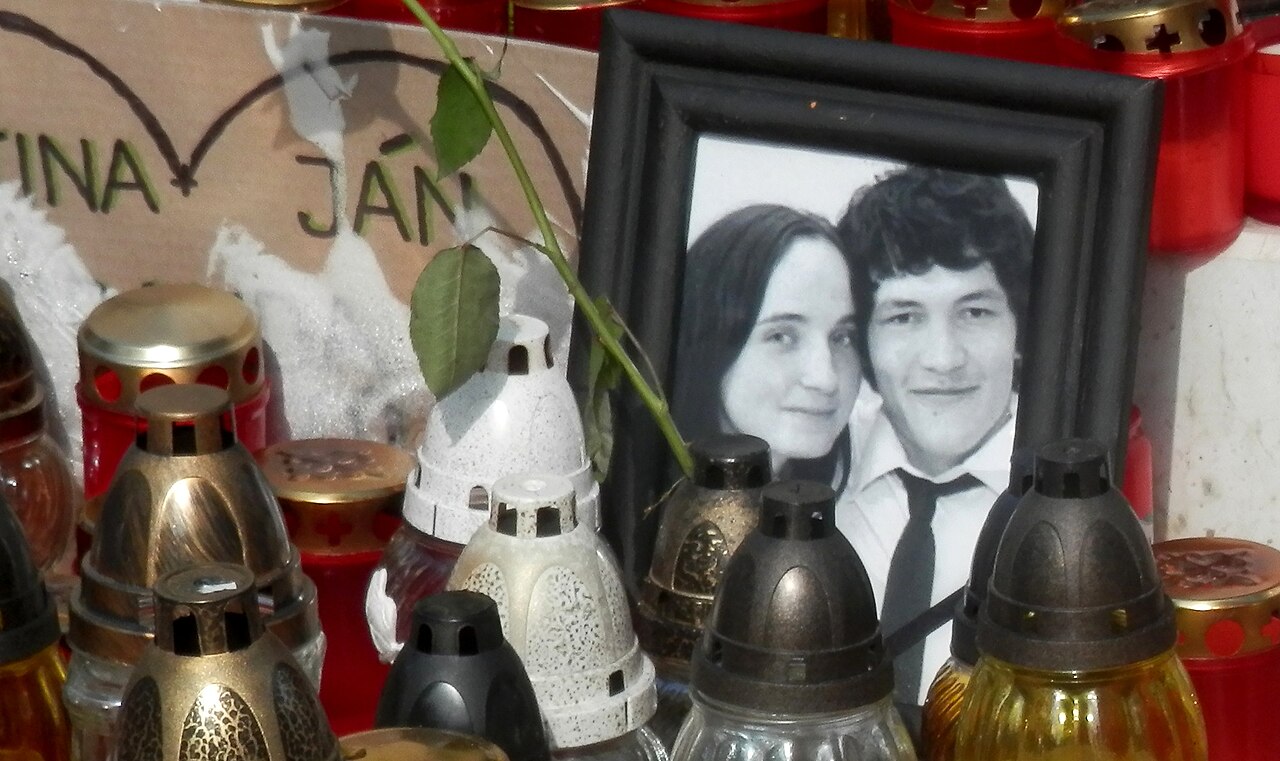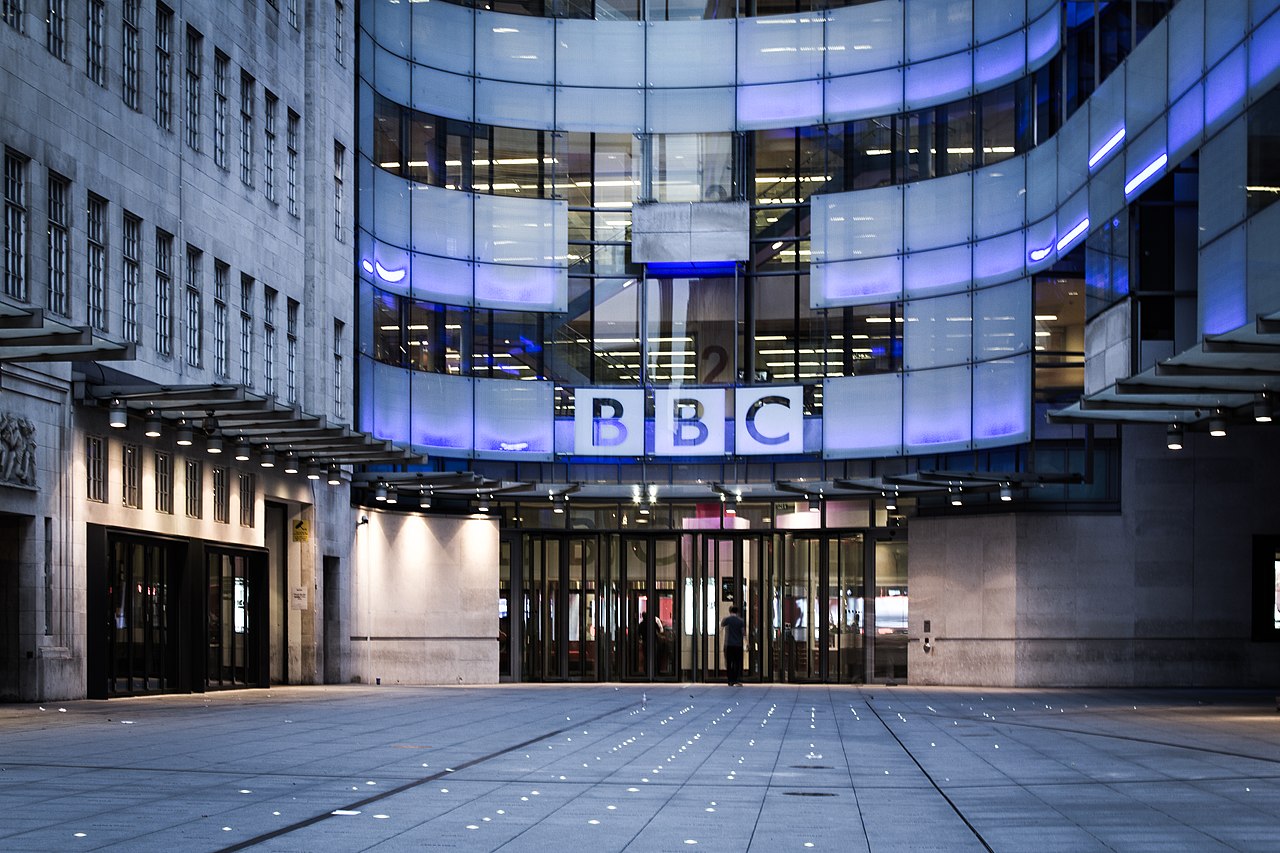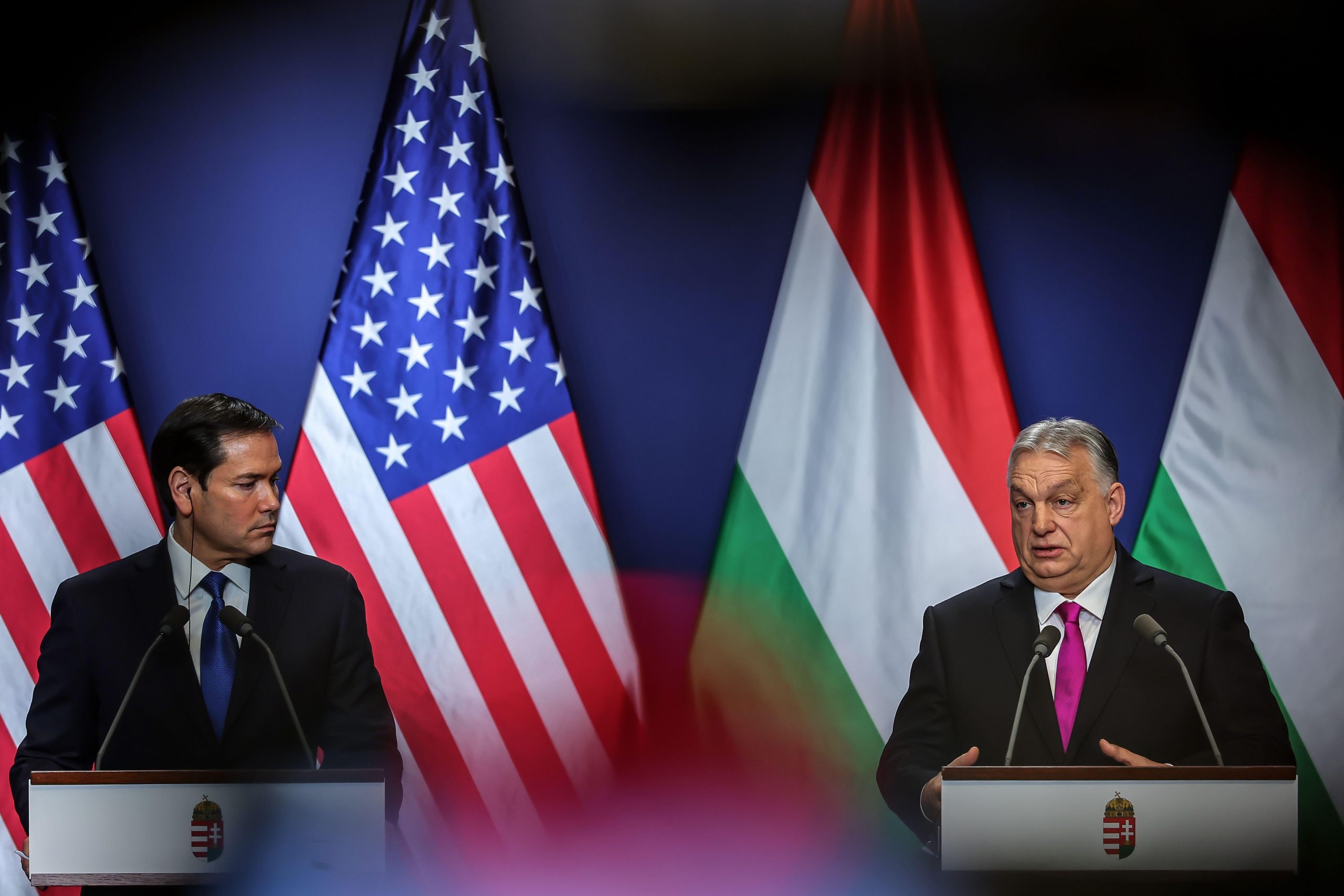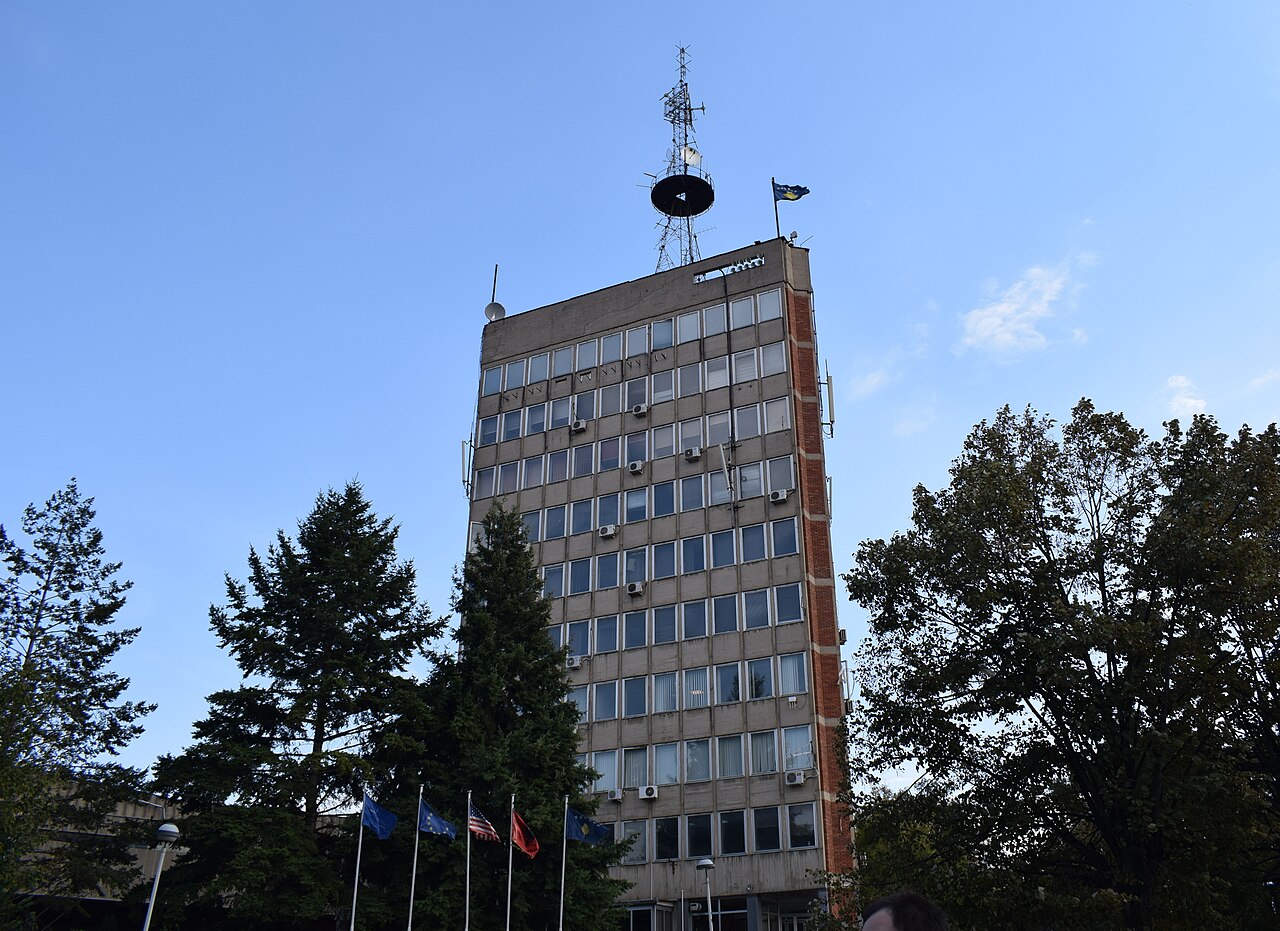The directive from Kenya’s President William Ruto last week was clear: shoot protesters in the legs. It came just days after police killed scores of demonstrators, marking the most violent crackdown since nationwide protests erupted last month. On Monday, tens of thousands gathered across the country to express growing outrage at Ruto’s government. When roadblocks and a heavy police presence failed to suppress the demonstrations, authorities escalated their response. According to the Kenya National Commission on Human Rights, 31 people were killed, 107 injured, 532 arrested and two disappeared. Article 19 reported that three journalists were attacked and documented a series of other violations to free expression.
These latest confrontations are part of a broader protest movement that began in June following the death of a teacher in police custody. The teacher had allegedly criticised a senior police official on social media. His death ignited long-simmering frustrations over police brutality, rising living costs and deep-rooted government corruption.
Monday’s violence coincided with Saba Saba Day (Swahili for “seven seven”), which is a powerful anniversary in Kenya’s political calendar. This year marks the 35th anniversary of the 1990 protests, on 7 July, against President Daniel arap Moi’s one-party rule, which ultimately led to multiparty democracy.
Kenya appears to be caught in a cycle of protest and repression. Last year’s protests also turned violent. So did previous ones.
“Every time we try to protest against these senseless and endless killings by the police, we are teargassed and some of us get arrested. The voice of the youth is not being heard by the authorities,” we were told by a young man named Njoro back in 2022. Ruto had just become president when we spoke to Njoro, having previously served as deputy president. The election was marked by low voter turnout and widespread claims of electoral fraud. Still, Ruto portrayed himself as a man of the people and embraced nicknames along those lines, including “Hustler” and “Chicken Seller”. In recent years new nicknames – many of them mocking or critical – have emerged. While Ruto has largely shrugged them off, his government has not extended the same tolerance to satirical artists and online critics, who have been harassed and even disappeared. Last December, for example, the renowned cartoonist Gideon Kibet disappeared alongside his brother after meeting with opposition senator Okiya Omtata. Known by the alias Kibet Bull, he was eventually released in January.
In last month’s Economist, Kenya was described as a country that “once set a fine example to the rest of Africa” but “now offers a how-to guide on smothering dissent”. Orders to shoot protesters in the legs only adds weight to that.

